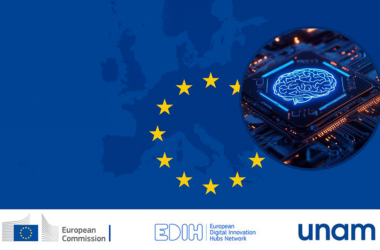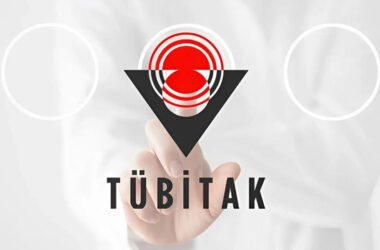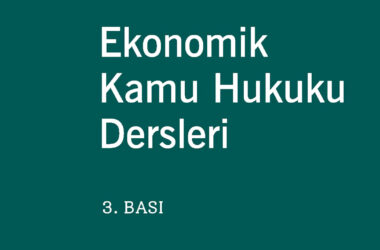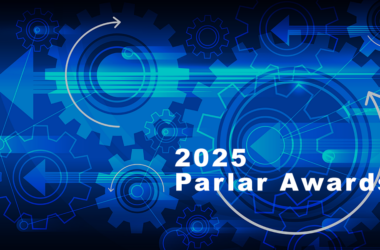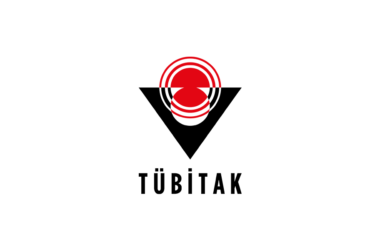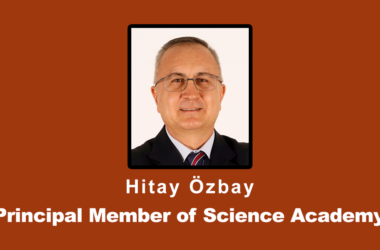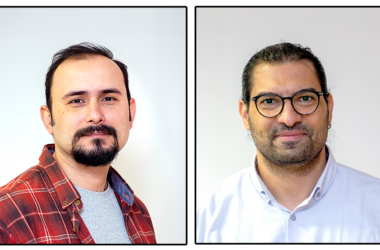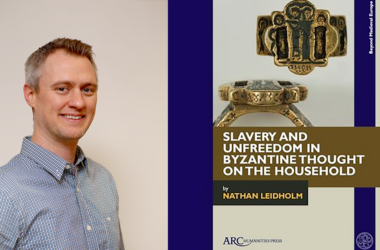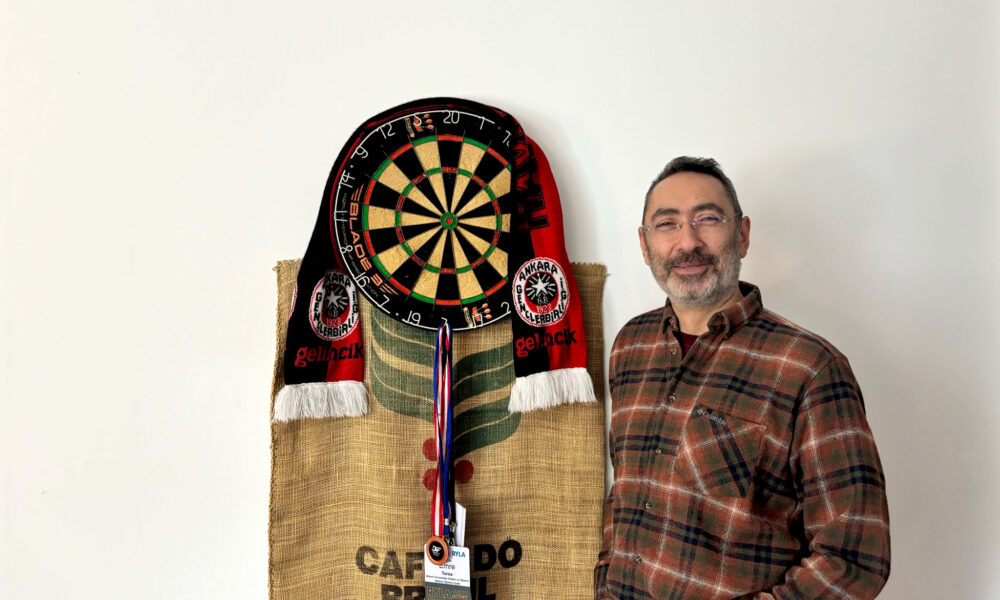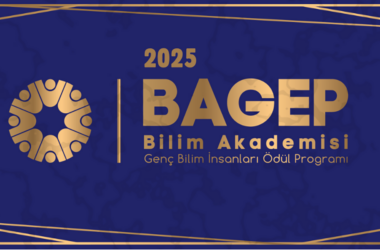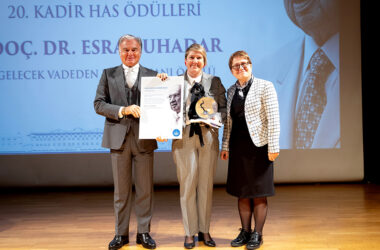Emre Toros is a faculty member at the Department of Communication and Design. He has carried out his academic studies in Türkiye and abroad, including King’s College London, Malmö, Stanford and Harvard Universities. He is a student of Political Behavior, and his primary interest is social research design, including data collection, processing, analysis and reporting.
Professor Toros’ most recent project is on electoral integrity in Türkiye. In this project, he attempts to re-utilize the literature on electoral integrity and propose a new framework for research and analysis, offering a theory that identifies the causes and consequences of electoral integrity and malpractice at the individual and institutional levels.
Why did you choose an academic career?
Pure luck. During my time at Middle East Technical University, where I studied Political Science and Public Administration, most of my friends pursued careers in banking and finance to move to İstanbul and earn well. However, I was never interested in working in a bank. I enjoyed reading and inquiring about things. During my third year, I became a student assistant due to my interest in computers. This role, which involved teaching basic computer skills, started my teaching journey. I didn’t deliberately choose academia, but an opportunity arose, and I took it. My career has progressed from there.
What is the subject that you like to teach the most?
To be honest, teaching is not my favorite aspect of academia. I prefer research over teaching. However, if I had to choose, I enjoy teaching research design and research methods. Methodology became a secondary area of expertise for me, particularly social research methods, and quantitative and qualitative analysis. It is a rare focus in Türkiye among social scientists, which makes it even more interesting for me.
What projects are you currently working on?
I am the principal investigator of the Türkiye Trust Research project, funded by TÜBİTAK, which examines trust in media, scientific institutions and politics. It started three years ago and will conclude in October. I work with a research team of over ten people, conducting surveys and experiments. Previously, I researched electoral integrity in Türkiye. Currently, I am also involved in two upcoming projects: one on perceptions of climate change in Türkiye and another on training early-career researchers in research methods, funded by the British Academy. Additionally, we have applied for a project on fiscal illusion in Türkiye, exploring public awareness of tax payments and expectations from the state.
What is your best work?
My most significant work is my research on electoral integrity, which led to a book published by an international university press. The Türkiye Trust Research project is also one of my proudest achievements, as it provided opportunities for many young researchers. The project resulted in five MA theses, two published articles and several ongoing publications. It has been fulfilling to create an academic ecosystem where young researchers benefit from structured mentorship and collaboration.
What has been the most exciting moment of your career so far?
Publishing my book on electoral integrity opened many opportunities, including being selected as an International Fellow of the Electoral Integrity Project, a global initiative. However, I do not focus on academic titles or promotions. My philosophy is to do meaningful work, and recognition follows naturally.
When and where do you do your best thinking?
I develop my best ideas when I wake up, regardless of the time. I always think about research and academic questions throughout the day. My work is not a 9-to-5 job; it is an integral part of my life, and I continuously engage with it, whether through interactions with students or personal reflections.
What distracts you?
Social media is a major distraction. However, I have integrated it into my work, using platforms like Twitter for research before it became widely popular for academic studies. I also encourage my students to research emerging social media platforms like YouTube and TikTok.
What do you like to do when you are not working?
I have many hobbies. I was the first Turkish champion in darts and captained the national team for over ten years. I am also an avid coffee enthusiast and maintain a database where I grade different types of coffee. My life does not have a strict division between work and personal time; everything is interconnected.
Which books have influenced you the most, and why?
I do not believe a single book can change a person’s life. I read constantly, but I prefer listening to audiobooks, particularly Nordic noir crime fiction. Instead of being influenced by one book, I believe that every piece of knowledge accumulates over time and shapes a person.
If you weren’t an academic, what career would you choose?
Careers are often shaped by circumstances, especially in Turkey. If I had to choose, I might be a data analyst. When I retire, I might think of working as a football analyst. I have obtained international certifications in football game analysis and am passionate about it.
What is the secret to leading a happy life?
Happiness is not an individual pursuit; it comes from making others happy. If your family, students or colleagues are happy, you are likely to be happy as well. Focusing only on personal happiness is self-defeating.
If you could go back to your undergraduate/graduate student years, what advice would you give to your younger self?
I would advise anyone, not just students, to work hard. Intelligence and talent mean nothing without effort. Success comes from diligence and going beyond average performance.
If you had unlimited funds, what would you like to research?
Unlimited resources are an illusion. Hard work enables you to conduct research regardless of financial constraints. If you are passionate and dedicated, you can achieve your goals without needing unlimited funds.
What do you like the most about being at Bilkent?
One of the things that I like most about Bilkent is the students. The intellectually stimulating environment, the diversity of perspectives and the strong sense of academic community.
